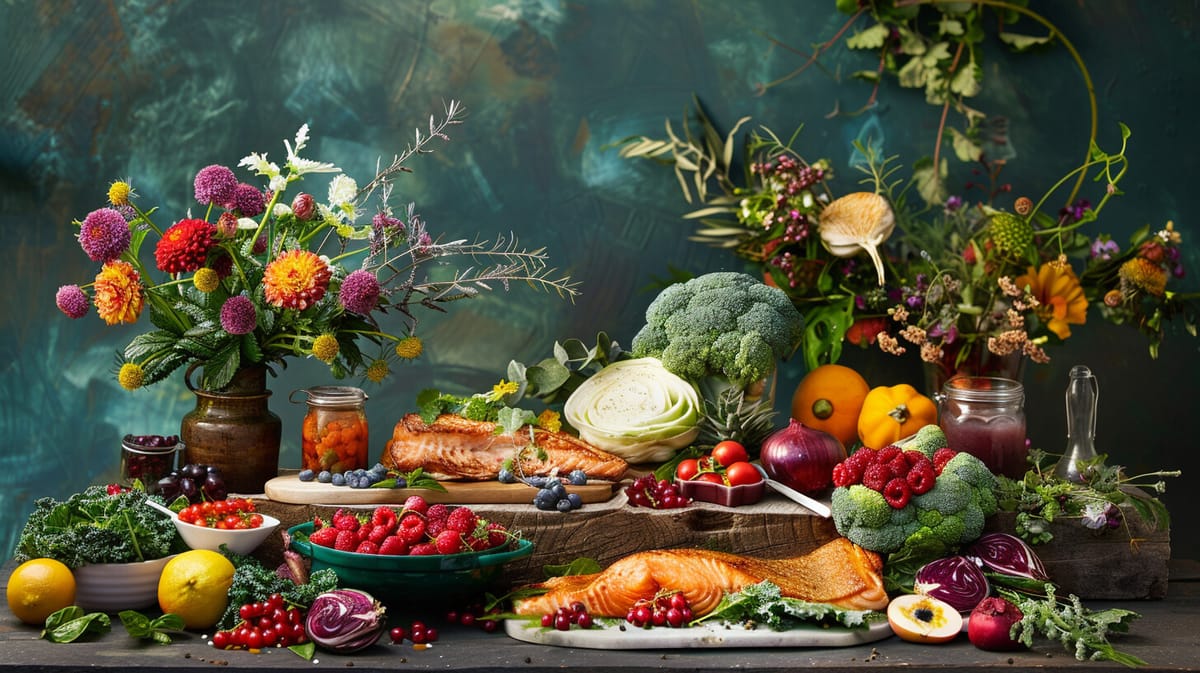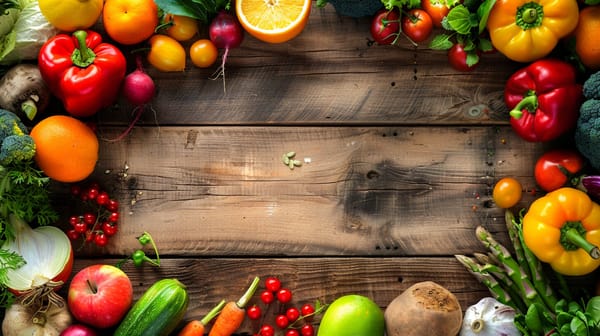5 Science-Backed Gut-Friendly Foods to Trim Belly Fat

Introduction
It's no secret that maintaining a healthy gut is crucial for overall well-being. In recent years, scientific research has shed light on the profound impact our gut microbiome has on various aspects of health, from cardiovascular function to athletic performance. Now, a groundbreaking study has revealed that the composition of our gut bacteria may also play a significant role in determining the amount of visceral fat—or belly fat—we carry.
The Gut-Fat Connection
Published in the prestigious journal Nature Medicine, the study found that individuals with higher levels of two specific gut microbes, Prevotella copri and Blastocystis, tended to have better blood sugar control and lower amounts of dangerous visceral fat. This type of fat, often associated with an "apple" body shape, has been linked to an increased risk of diabetes and heart disease.
Nourishing a Healthy Gut
So, what can we do to foster a thriving gut microbiome? The answer lies in our dietary choices. The study's lead author, Dr. Sarah Berry from King's College London, emphasizes that the foods we consume have a greater influence on our gut bacteria than genetic factors. Beneficial gut microbes were found to thrive on plant-based, high-fiber diets rich in whole foods like fruits, vegetables, nuts, beans, and whole grains.
The Perils of Processed Foods
On the flip side, highly processed foods were associated with less beneficial gut microbes. Even plant-based foods, when heavily processed, can strip away the fiber that serves as fuel for good bacteria. The same goes for animal proteins—while oily fish was linked to a favorable microbiome, processed red meat had the opposite effect.
Gut-Friendly Superfoods
In addition to fiber, other dietary components can boost gut health. Polyphenols, found abundantly in fruits, tea, cocoa, and red wine, have been associated with a thriving microbiome. Fermented foods like kimchi and kefir, rich in probiotics, are also powerful allies in supporting beneficial gut bacteria.
Conclusion
This groundbreaking research highlights the immense potential of dietary interventions in shaping our gut microbiome and, consequently, reducing harmful visceral fat. By prioritizing whole, unprocessed plant foods and incorporating gut-friendly superfoods into our diets, we can cultivate a diverse and thriving community of gut bacteria that will not only support our overall health but also help us achieve a trimmer waistline.




